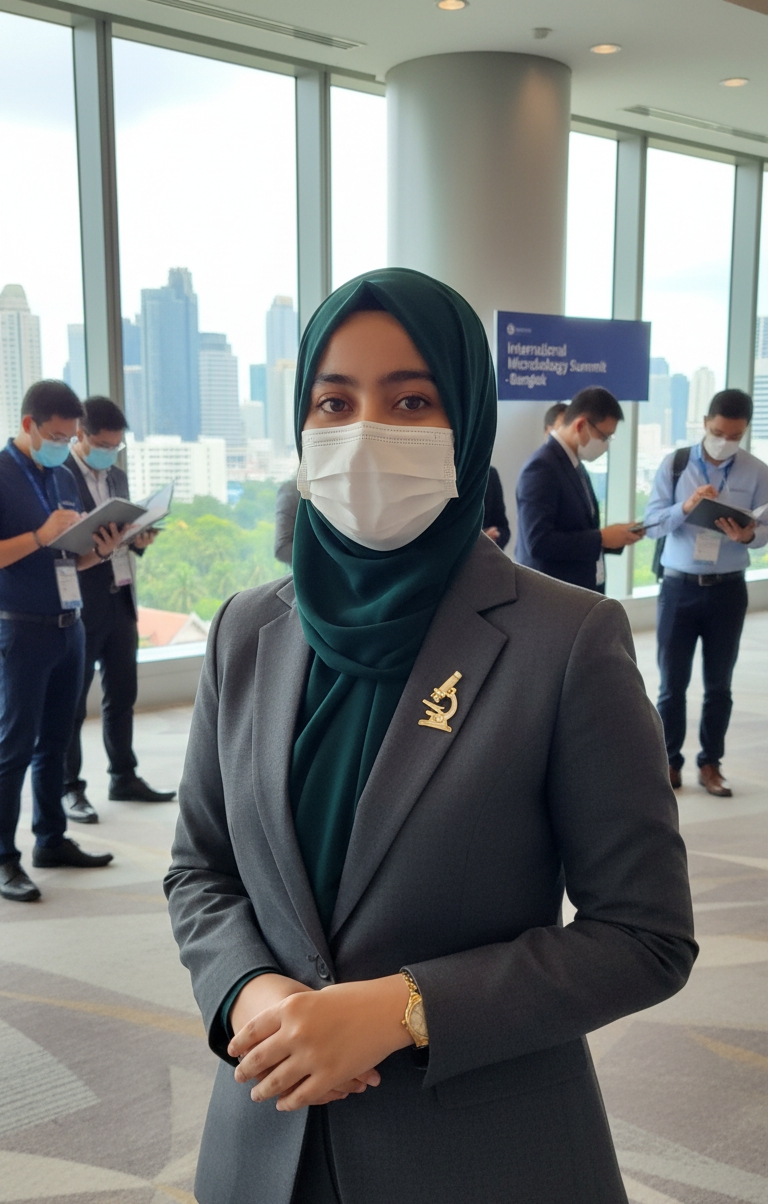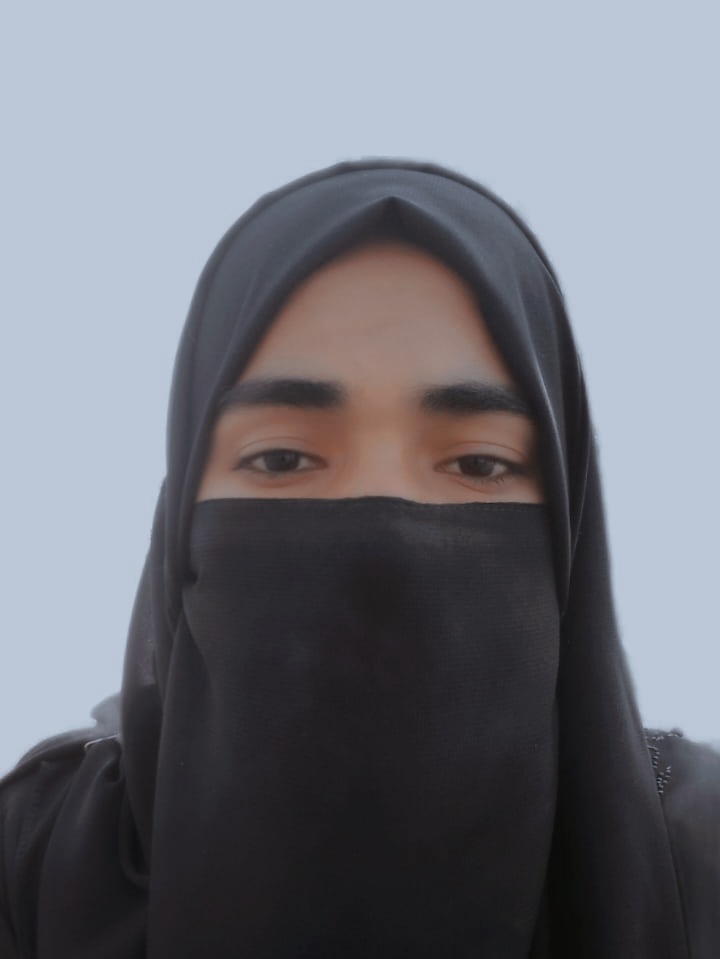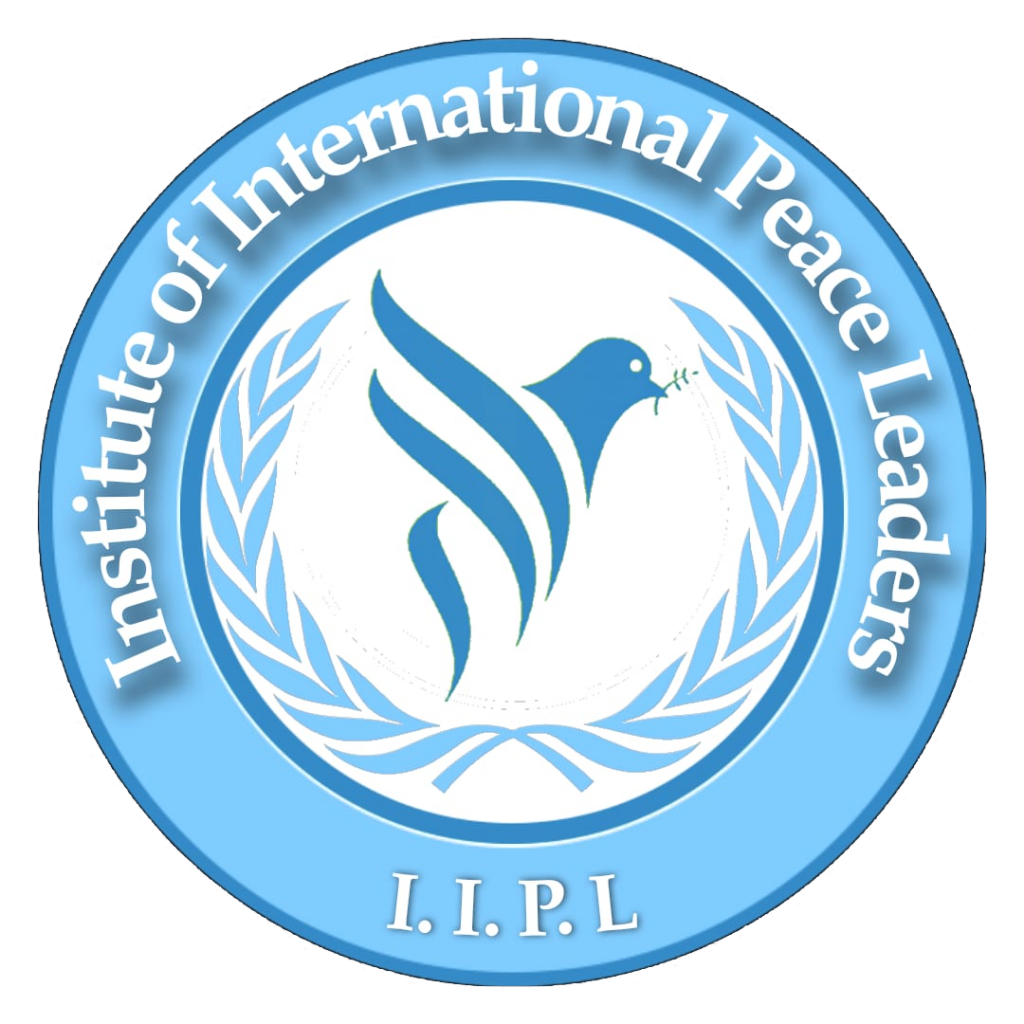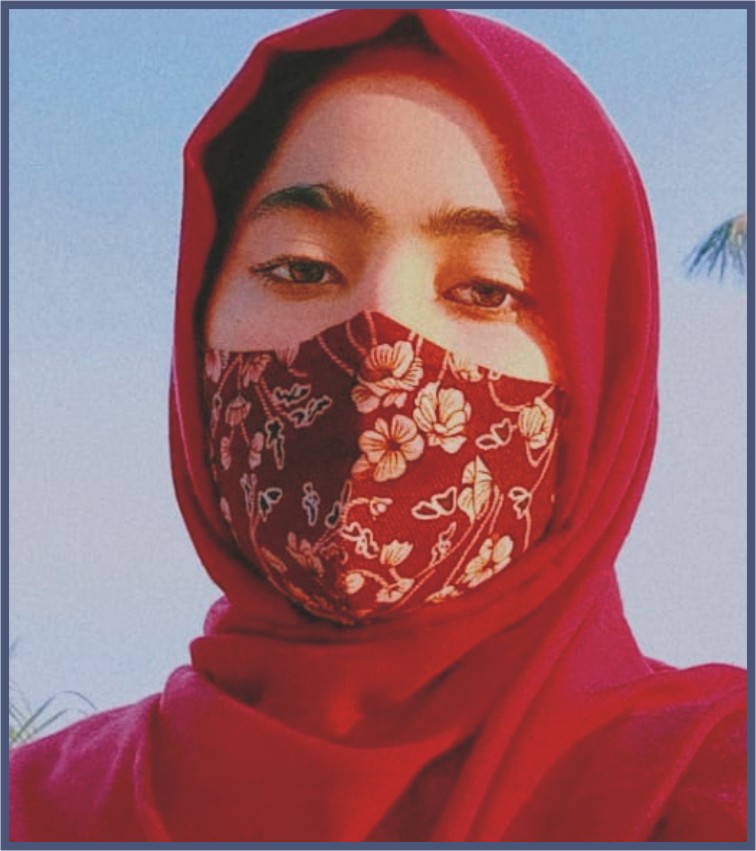We Are All Criminal
Abstract
This article highlights everyday actions within our society that may seem minor but collectively become major obstacles to national progress. It argues that criminals are not born, but shaped by societal behavior our harsh words, outdated thinking, lack of empathy, and selfish attitudes. By ignoring others’ pain, refusing to help, and spreading negativity, we unknowingly create enemies within our own communities. The piece challenges the idea that only governments are to blame, emphasizing that we, as citizens, also play a significant role in the moral and social decline. Through real examples, the article encourages self-reflection and shared responsibility.
INTRODUCTION
We all know that no issue happens because of just one person. Either the whole society is involved, or the people who are denied their rights get involved. We cannot blame a single person. If we look at ourselves, we will realize that we are also part of these problems. We stay silent when we see something wrong. We do not help others. We leave people in trouble to suffer or even die. We have lost our humanity. If the government is not doing anything, then we are also responsible because we are not doing anything ourselves.
Because of our mistakes, enemies are created within our own country. We awaken a sense of humiliation in people. We show them a cruel society, which leads them to take steps against the law and against the country’s defense system. This is the biggest crime we commit. Our society has a mentality of “what will people say,” and by saying this, we push them to a point where only enemies are born, not friends.
The Harsh Reality Behind a Comfortable Life
We believe we are living a good life if we want to, but the reality is quite the opposite. Even in this era of development, we care only for ourselves. I would like to share the example of a man who had everything he was happy and had all the essentials in life except for wealth. He had a small house and a piece of land. But when the government changed, new taxes were imposed, and everything became expensive.
One day, his wife fell seriously ill. To afford her treatment, he sold everything he had. Yet, the hospital refused to treat her without full payment. Due to this delay, she could not survive. Everything was lost in just one medical bill.
Who was responsible for this loss? That man? The system? His helpless wife? Or the circumstances?
On the other hand, there was a child who dreamed of getting an education, but his parents couldn’t afford school fees. When he saw other children studying in uniforms, jealousy grew in his heart. “Why can’t I have this? Am I not human too?
Is it not my destiny to achieve everything in life?
Circumstances turned him into a rebel, and his childhood was spent as labor. Who is the culprit? Who is to blame?
Who Is to Blame? The Quiet Injustice Around Us
In a village, people were hopeful that change was coming. A new government was about to take over. A leader made many promises. The villagers trusted him and voted for him, but as the years passed, none of the promises were fulfilled. Repeated applications were sent, but no response came.
One day, heavy rain flooded the entire village. Even the dam, for which they had requested maintenance, broke. Water covered everything. The only thing left in the village was the memory of false promises. So, who is to blame?
A young man worked extremely hard to prepare for his board exams. He dreamed of getting high marks to support his family. But during the exam, his answer sheet was taken and given to two other students for copying. His effort was stolen in silence. When the result came, his marks were very low—his dreams were shattered that very moment.
So again—who is guilty? Who is responsible?
Dreams Denied: The Unseen Struggles of Youth
A young man applied for a job, and although he passed all the qualifications, the position was given to someone else through recommendation and bribery. Despite his degrees, he ended up working as a driver. He worked every day at a store, but his education did not help him. So, who is to blame?Who is the culprit?
A girl always dreamed big, but the
world of dreams was very different from reality. As soon as she completed her degree, she applied for a job. Yes, people made it difficult for her by insulting her. But when she moved forward despite all this, she realized in her heart that she is a living being in human form. She went for an interview, but there she was rejected. After that, she stopped coming out of her house. She began to look at men with fear. Society filled her with such fear that she could no longer pursue her dreams. So, who is to blame? Who is the culprit?
After failing to get a job, the young man started working as a driver. He became one of the most stressed people in the world. Just one word changed how he was seen — from a hopeful youth to the “best child” of his family.
The Hidden Struggles Behind a Tragic Accident
He was not driving; he was just battling a psychological condition every day. How could he run a household with such low income? He spent day and night trying, but in the
end, he could never focus on driving in this psychological race. Focus and skill are necessary for driving. Because of his mental state, he didn’t even realize
how many lives could be lost. This led to an accident in which a happy family lost their lives. Who was to blame? Who was the culprit?
If we talk about parents, then it’s the parents. The children kept fighting all the time in front of them. The reason is that no one in society ever thinks about what people will say; sometimes life has to be lived like this. The child tries to adapt to what he sees. As soon as he steps into the outside world, he adopts every bad thing. The cause is the parents’ negligence, their ignoring the children. When someone says something to him, it triggers fights every day. Living in such a circus, drinking in anger, and starting new fights became his cigarette habit. When his basic needs were not met, he turned to theft. By stealing, he became a criminal.
The Roots of Blame and Misguided Zeal
Who is guilty? Who is to blame? When a young man is rejected from all sides, terrorists are born. When they are deprived of everything, including opportunities to use their intelligence, they have to fight for survival. But when they get nothing from all this, they fall into the traps of people who run movements. Yes, these people seem to be doing something good, but killing innocent people in the name of an organization is forbidden. Becoming a terrorist means harming innocent people with your own hands. So who is guilty? Who is the mahram?
When it comes to boasting about religion, some people do so without reason. They do this when someone questions them or argues. They start using religion. They claim it’s written in religion. This is what they say, but nowhere in religion is it written that if someone questions you about religion, you should argue like a fool. When you cannot defend your arguments, you start boasting. Religion does not teach this. Instead of speaking wrongly about someone else’s religion, it is better to remain silent about religion.
The Consequences of Silence and Hypocrisy
It is a sign of wisdom not to speak about things you cannot fully control. When religion is discussed, there is often crying, chaos, and disorder everywhere. People fight among themselves, and blood is spilled. Who is to blame for this? Who is the culprit? A man was drowning in water. Some young men standing nearby were making a video of him. No one stepped forward to help, so he died. Who is to blame? Who is the mahram? The fault is ours. We are all criminals.
We live in a country that follows the path of the East, but this electricity exists only on paper. According to the constitution of Pakistan, we are free, but with an amendment: a person has the right to freedom of opinion. We do not even have that. If someone says something about a political party, they are declared a taboo, even though the common man has the greatest right to express his opinion. But this right is only available to politicians. Whatever they say about the government is made into news, but if a common man speaks, it is ignored.
The Silent Complicity in Society’s Struggles
We are called traitors of the country. We have become very self-indulgent. Wrong happens in front of us—why? When it happens, we remain silent; everyone sees it. By staying silent, we also become partners in this crime. Why are people silent? Why are their tongues tied? Why have we all become blind? Why is our thinking limited to just earning money? Why is our goal only to earn wealth? Why do we ignore the lives of others? Then why? Development does not mean this. It is making the lives of the poor more difficult. There are no children in the East; only the rich have the right to live. Why are taxes imposed only on the necessities of the poor? It means that we have no money. We are in the West, working on our phones but are still drowning in debt, unable to make money. The country ignores these people, and they turn to other countries. We do not realize that they are living their lives like machines. We ruin their best future by making them work hard. We look down on the poor on the streets. We have education, but we cannot use it. We are also chained by our own hands.
The Struggle for True Progress Amidt Social Injustice
If progress has given us a lot, it has taken a lot from us as well. There is also suppression. Women are a delicate gender, yet in this society, even today, they have no freedom. Women are either oppressed because they are considered weak or they suffer silently when they cry. In a country where a person’s choice is killed in the name of honor, where a girl is still confined at home and restrictions are imposed on her, she is also a victim. Can a country develop where women are raped and justice is not served for years, where the youth remain silent? How can that country progress? In Bangladesh, a simple movement by the youth over mustard seeds destroyed the government and brought it down. On the other hand, our country’s youth are limited to mobile phones. Today, people’s trust has been lost. They have become disconnected from educational institutions. When the youth are denied their rights, they try to fulfill their needs through illegal means. We are all at fault in this. We give knowledge but remain silent. What is the fear that if something happens to us, we will also be punished?
The Government’s Blindness to True Development
Does the government not see the different aspects of everything? Does it not notice the people sitting on the streets? Shouldn’t they try to educate them? But the youth who used to bribe their way before now get 27 documents made easily. Do they not see all these problems? Do they understand the true meaning of development? How long will all this continue? How long will the government keep doing these things?
Conclusion
In conclusion, I am a witness to these realities. The purpose of all this is to show that whether we act or stay silent, we are all responsible. Because of our mistakes, criminals are created and people’s trust is lost. If we do nothing, soon the youth will turn to wrong paths and lead the country towards destruction. That’s why it’s important for all of us to stand with the government and take steps to play a positive role in society.
I am the witness
Who will answer?
Authors
-

Qurat-ul-Ain is a multifaceted leader, Microbiologist, and CEO of Q Art Studio, blending science and art to drive social change.
-
Leadership: National Youth Leader (IIPL) and Ambassador for the International Diplomat Conference 2025.
-
Science & Literature: Researcher with 15+ articles, Medical Book Editor, and published poet/author.
-
Key Engagements: Speaker at ANSO-PAS, AASA-PAS, and NEXUS Summit LUMS on climate and leadership.
-
Awards: Recipient of the Peace Ambassador Award (Azerbaijan), SDGs National Award, and 100 Young Influencers recognition.
-
Mission: A motivational speaker and counselor dedicated to empowering women, promoting education, and pursuing advanced microbial research.
-
-

My name is Sania Bibi. I am a student of Biochemistry, currently in 3rd semester. I serve as an organizer in my department and am also an active member of the Literary Circle. I am also an organizer of my department sport society.I am a novel writer and aspire to become a recognized author. I aim to write on various social and scientific issues through research based work.
View all posts Student

